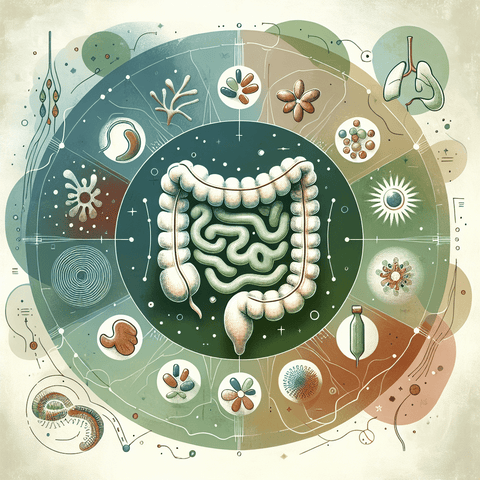Could a b12 deficiency gut be driving your digestive problems? This page explores how a potential shortfall in B12 might relate to gut function. B12 plays a role in nerve and system processes, and for some people, insufficient levels may coincide with digestive discomfort or changes in how the gut works. Understanding how gut health and B12 status could intersect may help you think through questions to discuss with a clinician. Signs to watch for that could indicate a link between b12 deficiency gut and digestive changes include shifts in digestion such as alterations in bowel habits, bloating after meals, or intermittent stomach discomfort. You might also notice related signs outside the gut, like tiredness or changes in mood, appearing alongside digestive symptoms. Keep in mind that many factors can influence digestion, so look for patterns over time rather than focusing on a single episode. Common causes that could connect B12 status with gut function involve factors that influence how B12 is absorbed in the digestive tract. Age-related changes, conditions that affect the stomach or small intestine, and interactions with certain medications can all play a role. Experiences such as long-standing gut issues or prior surgeries that alter gut anatomy may also contribute. This is a broad area, and only a clinician can determine whether B12 status is a factor for you. Simple steps you can start today include keeping a symptom log that notes when digestive changes occur, what activities or patterns coincide, and any medicines you take. Consider discussing with a healthcare professional whether testing for B12 status is appropriate, and follow their guidance about next steps. If advised, work with a clinician to decide on a plan while you continue to monitor gut-related symptoms and your overall well-being.

